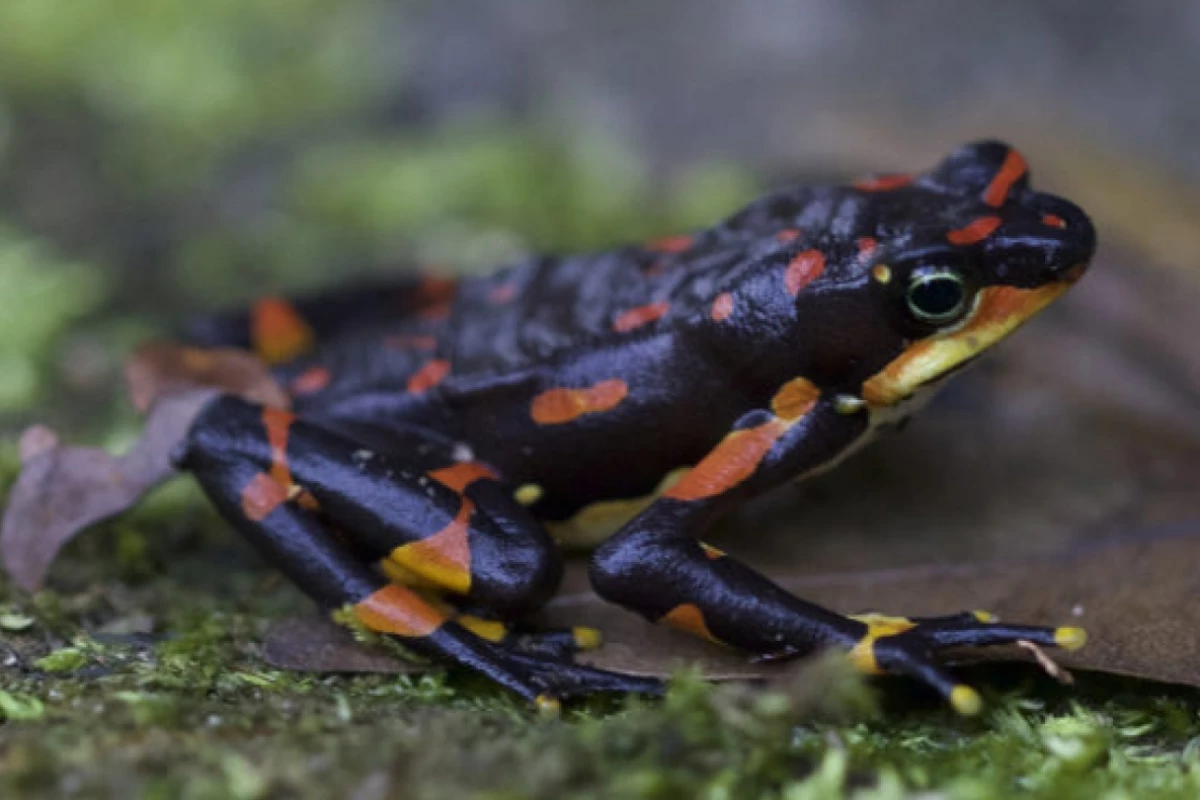Back in 2015, a team of scientists led by Stanford University biologist Paul Ehrlich published a study claiming we were entering a sixth mass extinction event, triggered by the rapid decline in biodiversity. Researchers have now provided an update in the form of a new study that has found the rate of extinctions is increasing at an unprecedented rate, with the scientists fearful it could kick off a domino effect that poses a real threat to human existence.
The 2015 paper outlined a new kind of mass extinction event in addition to the five identified to have previously wiped out large swathes of life on Earth. Where asteroid impacts and abrupt changes to carbon cycles have been the driving factors behind these historical events, the scientists warned that our unsustainable relationship with the natural world was creating a new kind of danger.
Humankind relies heavily on biodiversity and healthy ecosystems to survive and flourish, whether that’s through the bees that pollinate our crops, marine species that keep the oceans healthy and a dependable source of food or the ever-expanding array of creatures that prove the source of life-saving medicines. As these species disappear due to habitat destruction, wildlife trade, pollution and climate change, so too do essential parts of a delicate system we depend on for our well-being.
“When humanity exterminates populations and species of other creatures, it is sawing off the limb on which it is sitting, destroying working parts of our own life-support system,” says Ehrlich.“The conservation of endangered species should be elevated to a national and global emergency for governments and institutions, equal to climate disruption to which it is linked.”
Ehrlich and the international team of researchers behind the new study examined the distribution of critically endangered species around the globe, finding that 515 of them, 1.7 percent of the total the team analyzed, are on the brink of extinction and are likely to disappear in the next two decades. The team estimated that around the same number went extinct across the entire 20th century.
“What we do to deal with the current extinction crisis in the next two decades will define the fate of millions of species,” says study lead author Gerardo Ceballos, a senior researcher at the National Autonomous University of Mexico’s Institute of Ecology. “We are facing our final opportunity to ensure that the many services nature provides us do not get irretrievably sabotaged.”
The 515 species considered to be on the brink of extinction had fewer than 1,000 individuals left, with around half of those having less than 250. The majority of these species inhabit tropical and subtropical areas susceptible to human impacts, with the scientists particularly concerned about a domino effect. This refers to a situation where the extinction of one species impacts other species that rely on it for survival, thereby also placing them at risk of extinction as part of a destructive chain reaction.
The researchers propose a number of ways in which we can address the problem, starting with a global ban on the trade of wild species. The study also highlights species and regions where conservation resources can be best directed, which in turn can highlight which factors are most impactful in driving these accelerating extinction rates.
“The links between human health and wellbeing, and the health of our planet are well known,” says Dr Rohan Clarke, a lecturer in the School of Biological Sciences at Australia’s Monash University who wasn't involved in the study. “This research highlights the fragility of the Earth’s support systems and the urgent need to act. The call for the conservation of endangered species to be elevated to a national and global emergency is both warranted and urgent.”
The research was published in the journal Proceedings of the National Academy of Sciences, while the video below provides an overview of the research.
Source: Stanford University




